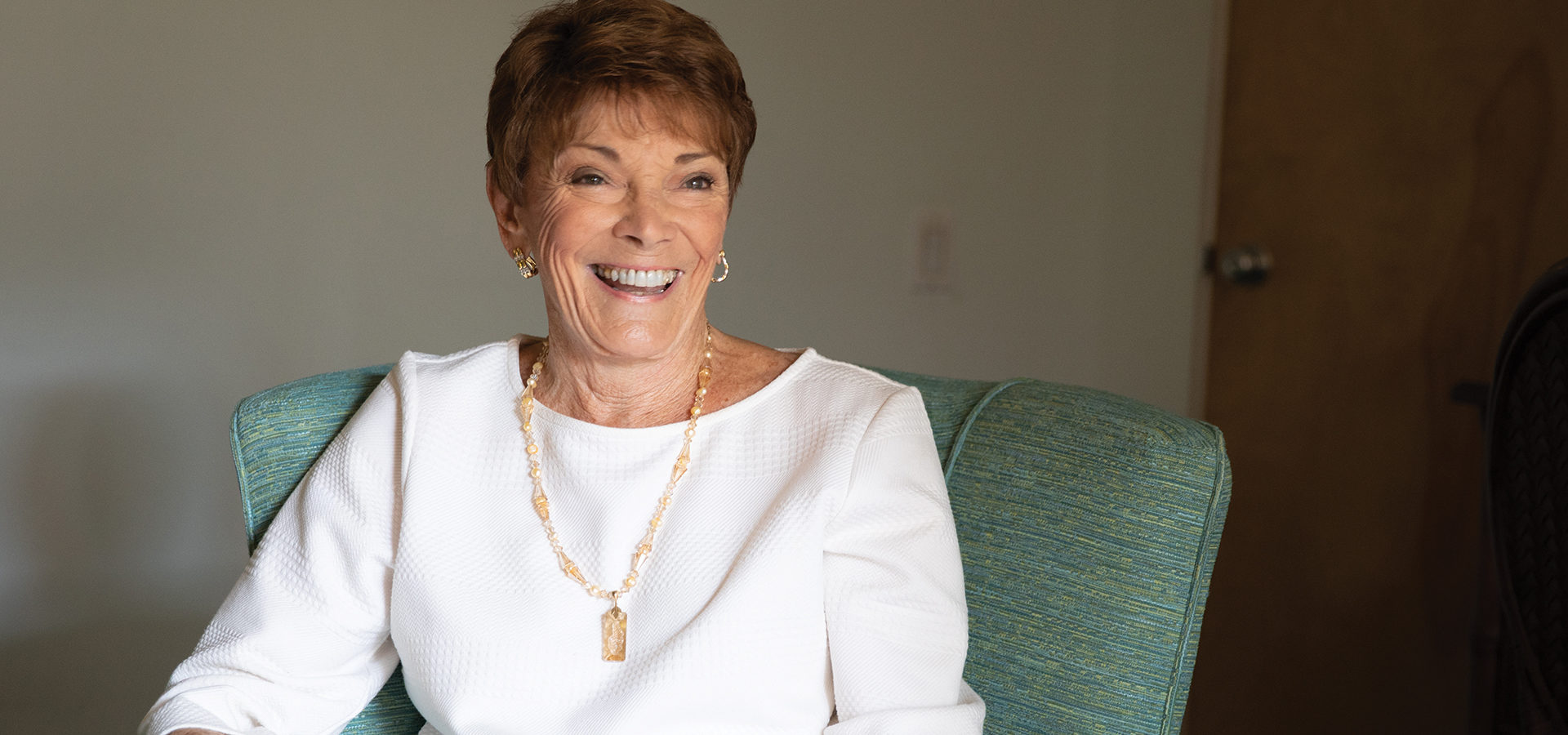
According to Nancy Siskowic, Your Hormones Do Matter
A meditation on menopause.
Nancy Siskowic, looking as healthy as ever at 79, drives up in a Champagne-colored Lexus sports coupe. She pops out and heads toward one of the infamous Palos Verdes trails called the Fire Trail. (This particular walkway is a nonpublic road that enables firefighters to quickly head up and down the hill in the case of a fire.)
Nancy, a menopause specialist, loves her daily walks. Energetic and charming, she has a big smile as she starts to talk about the human body and its relation to hormones.
 A Lamaze childbirth educator for more than 20 years as well as a school nurse for close to a decade, Nancy decided to go back to college as an adult to get her nursing degree at California State University, Long Beach. At the time she planned to have a private counseling practice, but her OB-GYN convinced her to work for him a couple days a week too. She loved the work so much she decided to specialize in menopause.
A Lamaze childbirth educator for more than 20 years as well as a school nurse for close to a decade, Nancy decided to go back to college as an adult to get her nursing degree at California State University, Long Beach. At the time she planned to have a private counseling practice, but her OB-GYN convinced her to work for him a couple days a week too. She loved the work so much she decided to specialize in menopause.
Menopause can catch women off guard. It happens approximately in their 50s when their ovaries begin to stop producing the hormones estrogen and progesterone. Hormones control most of your bodily functions and have a serious impact on digestion, appetite, immune function, mood and libido.
“One minute you feel fine and think you’ve got it together; the next minute you’re sure there’s a monster running around inside you,” says Nancy. Night sweats, hot flashes, hair loss, mood swings, irritability, weight gain (mid-section) and overall brain fog are just some of the symptoms of menopause. Surges of adrenaline can also cause symptoms of anxiety.
Nancy swears by bioidentical hormones (HRT), and so does Oprah Winfrey—just in case you were wondering. Bioidentical hormones are identical chemically to the hormones your body produces, although they are man-made with plant estrogens including soy and yam extracts. The extracts are then taken through chemical steps to make estrogen, progesterone and testosterone. So if your hormones are low or out of balance, you take these to counterbalance them.
Currently some of the bioidentical hormones are not FDA-approved in the United States. Progesterone and testosterone can be prescribed from a local compounding pharmacy, but they are not covered by health insurance.
Nancy explains that patients see results in as early as three weeks and are typically exhilarated. “I make a difference in women’s lives,” she says. “Estrogen helps the brain, bones, heart and private parts. Fear of hormone therapy is rampant. It has gotten a bad rap. It isn’t a culprit; it is a lifesaver.”
The reputation of hormones has been called into question after a study in 2002 linked hormone replacement therapy (HRT) to breast cancer. According to Nancy, there are many more studies that don’t link bioidenticals to cancer.
“Genes matter, but those who embrace a healthy lifestyle and practice constant physical activity have the greatest longevity.”
“Fifty years of studies worldwide confirm that there is no conclusive evidence that says estrogen causes breast cancer,” says Nancy, quoting Howard Hodis, MD, professor of medicine in the cardiology department at Keck School of Medicine of USC. Nancy adds, “Estrogen is actually breast-protective and cancer-protective.”
Kerry Nadal, a patient of Nancy’s, says, “Before I started HRT, I had trouble falling asleep, staying asleep, and waking up was miserable. I cried a lot. I raged at my children frequently. I couldn’t keep a thought in my head or complete a task.”
After having a couple appointments with Nancy and starting the HRT routine, Kerry is no longer experiencing sleeping problems. “I’m waking up rested and excited to start my day. I still cry, but now it’s at appropriate times. HRT was a game-changer for me.”
She jokingly adds, “I still yell at my kids, but it’s less frequent and usually deserved.”
Women frequently come to Nancy feeling that their lives are falling apart. The most significant premise of Nancy’s work is that when estrogen is starting to decline, it is imperative for women to start to intervene with HRT.
She also is a firm believer in eating right and exercising. “Genes matter, but those who embrace a healthy lifestyle and practice constant physical activity have the greatest longevity,” she adds.
In 1999 Nancy married the love of her life, Ed DeRenzis. They have four kids between the two of them and five grandkids (one in college and the rest between the ages of 8 and 14). They can often be found on the weekends at their grandchildren’s sporting events including baseball, soccer and basketball games. In addition to their walks, the two of them go to a trainer twice a week and work on their upper body strength.
Nancy was speaking at a seminar recently about how she loves to help women get their lives back on track, when a husband yelled out, “She doesn’t just help women get back on track; she helps us husbands get back on track too!” His meaning was clear: A happy wife is a happy life.
I work out with a trainer twice a week at End Results. I love walks on the beach or some of the hiking trails near our home in Palos Verdes. Spending time on our deck, especially at 5 p.m. with a glass of wine to talk about our day and simply take in the view. Mine has to do with the midlife women I work with in both consultations and seminars. My goal is to educate them about the symptoms they experience and the long-term consequences of estrogen deprivation. I seek to remove the unnecessary fears surrounding hormones and help them see that there is help and hope for them.
![]()
NANCY’S YEAR IN HEALTH
WORKOUT ROUTINE:
GUILTY PLEASURE:
HEALTH GOAL:


























